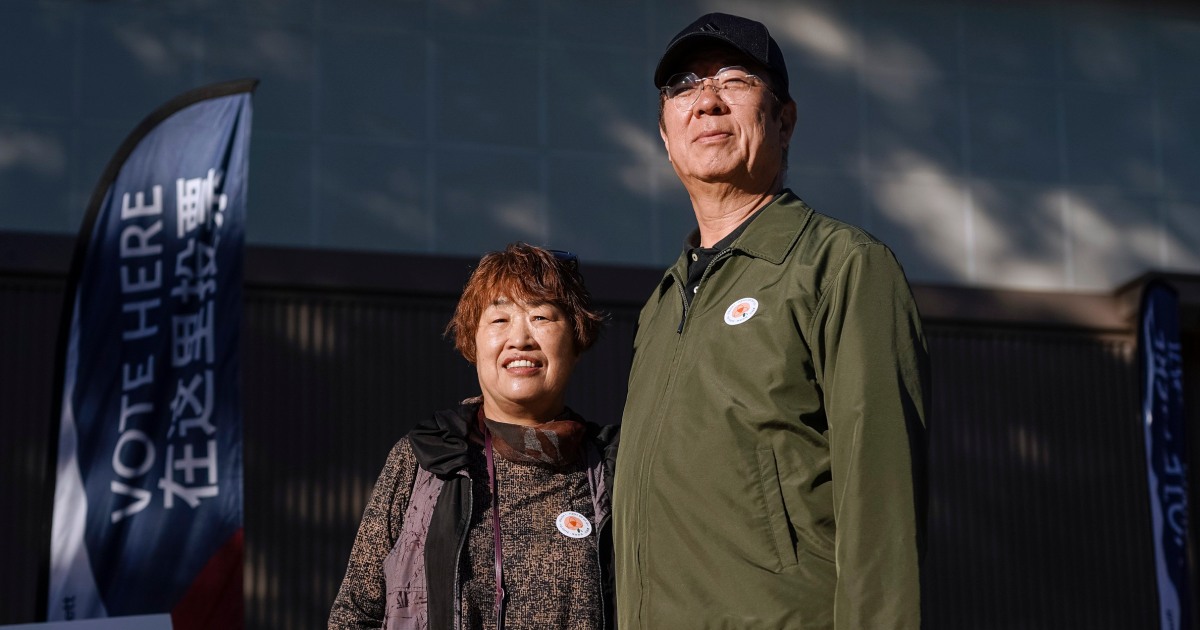In 2020, Asian American turnout in Georgia surged by 84% compared with the previous presidential election, playing a larger role than ever in an election that Joe Biden won by a very narrow margin. And much has been made of the local Asian community since then.
Asian Americans in Gwinnett lean more Republican than the racial group does nationally and align more with voters regionally, said Chris Suh, an associate history professor at Emory University in Atlanta. Many are also newer immigrants, so specific ethnicity — Korean or Vietnamese, for example — is more of an identity than simply being Asian American. And because of that, they require long-term investment, and their votes are still up for grabs, experts say.
“National identity matters a lot more than their pan ethnic or racial identity,” said Karthick Ramakrishnan, founder of AAPI Data, a research group. “When you talk about new voters, they are persuadable.”
“The Asian American political community is younger, and I don’t mean age-wise,” said Phi Nguyen, an Atlanta-based senior strategist with AAPI Victory Fund, a Democratic political action committee. “It’s more nascent in building power as Asian Americans in Georgia.”
After having narrowly lost Georgia in 2020, former President Donald Trump now has a small advantage in public polling, though nearly every result has been within the margin of error. He has attempted to whittle down Vice President Kamala Harris’ support in Atlanta’s suburbs.
At home in the American South
“Seoul of the South,” a term embraced by Gwinnett County’s official tourism organization, is within an hour’s drive of Atlanta and branches out through the upscale suburbs of Duluth, Suwanee, Lawrenceville, as well as neighboring counties, and along the more working-class Buford Highway. Many Asian Americans are small-business owners or work in health care or the service industry or for international companies.
Korean immigrants began moving into the area in the 1970s, following the establishment of a Korean Consulate in Atlanta. The population continued to boom in the late ’90s after the Asian financial crisis, bringing families attracted to the community and lower costs. Since then, more than 100 Korean companies have moved into the state, including carmaker Kia, which is behind the single biggest foreign investment there.

